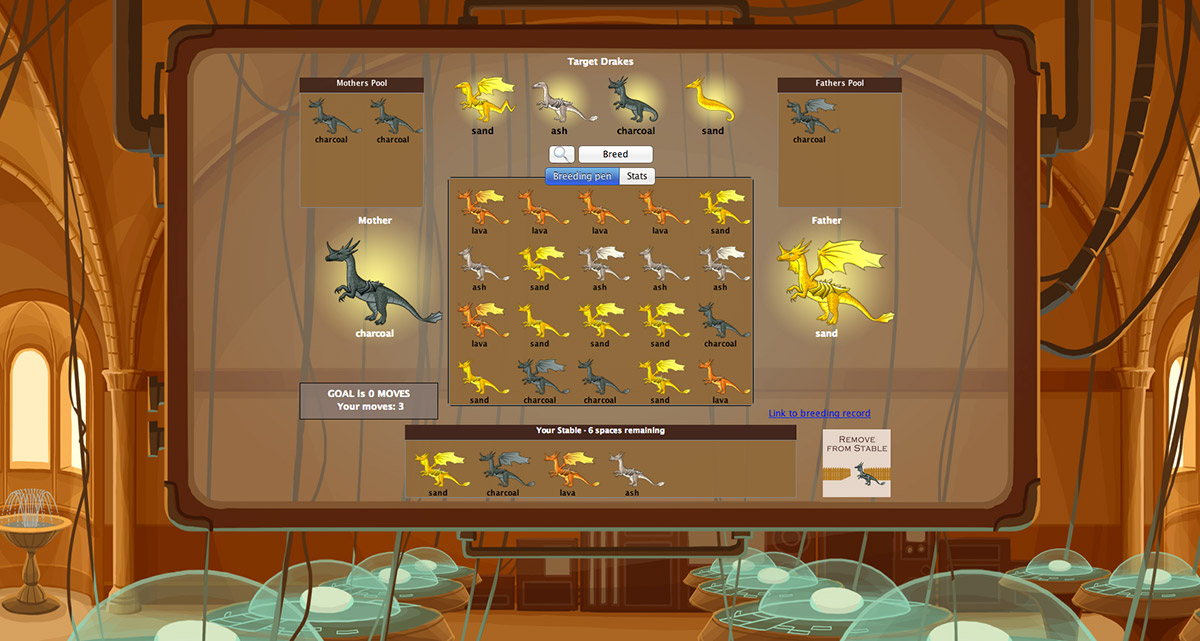Games, modeling, and simulation technologies hold great potential for helping students learn science concepts and engage with the practices of science, and these environments often capture meaningful data about student interactions. At the same time, intelligent tutoring systems (ITS) have undergone important advancements in providing support for individual student learning. Their complex statistical user models can identify student difficulties effectively and apply real-time probabilistic approaches to select options for assistance.
The Concord Consortium is proud to announce a four-year $1.5 million grant from the National Science Foundation that will pair Geniverse with robust intelligent tutoring systems to provide real-time classroom support. The new GeniGUIDE—Guiding Understanding via Information from Digital Environments—project will combine a deeply digital environment with an ITS core.
Geniverse is our free, web-based software for high school biology that engages students in exploring heredity and genetics by breeding and studying virtual dragons. Interactive models, powered by real genes, enable students to do simulated experiments that generate realistic and meaningful genetic data, all within an engaging, game-like context.

The GeniGUIDE project will improve student learning of genetics content by using student data from Geniverse. The software will continually monitor individual student actions, taking advantage of ITS capabilities to sense and guide students automatically through problems that have common, easily rectified issues. At the classroom level, it will make use of this same capability to help learners by connecting them to each other. When it identifies a student in need of assistance that transcends basic feedback, the system will connect the student with other peers in the classroom who have recently completed similar challenges, thus cultivating a supportive environment.
At the highest level, the software will leverage the rich data being collected about student actions and the system’s evolving models of student learning to form a valuable real-time resource for teachers. GeniGUIDE will identify students most in need of help at any given time and provide alerts to the teacher. The alerts will include contextual guidance about students’ past difficulties and most recent attempts as well as suggestions for pedagogical strategies most likely to aid individual students as they move forward.
The Concord Consortium and North Carolina State University will research this layered learner guidance system that aids students and informs interactions between student peers and between students and teachers. The project’s theoretical and practical advances promise to offer a deeper understanding of how diagnostic formative data can be used in technology-rich K-12 classrooms. As adaptive student learning environments find broad application in education, GeniGUIDE technologies will serve as an important foundation for the next generation of teacher support systems.